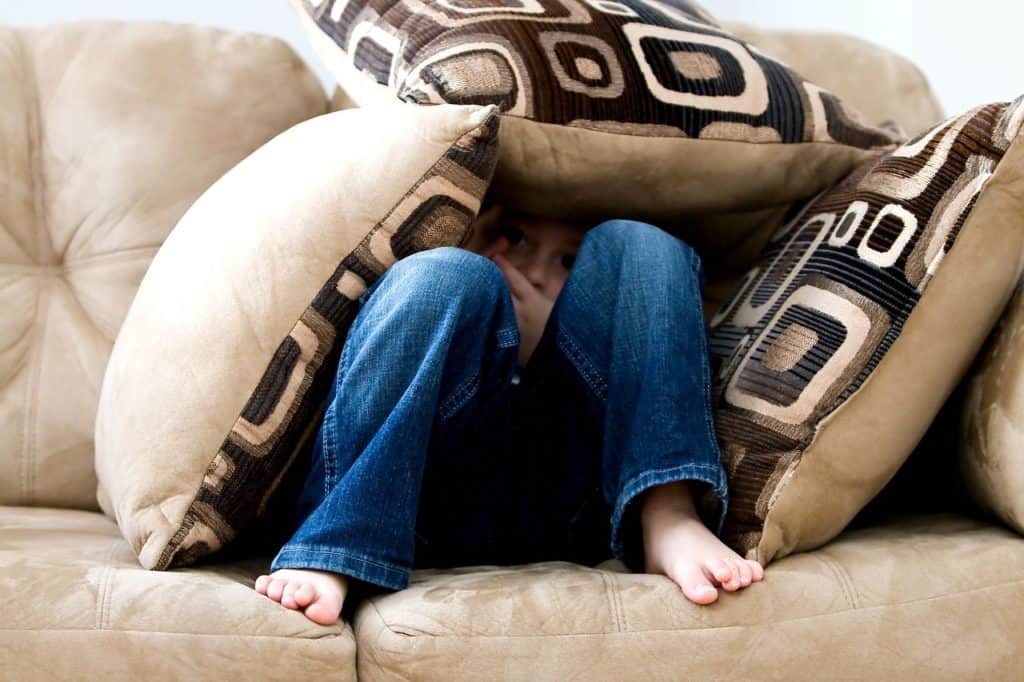Anxiety Disorder

Symptoms of Anxiety Disorder
Everyone’s experience of anxiety disorders is different. Not everyone who has an anxiety disorder will experience the same symptoms.
Mental symptoms of anxiety can include:
- racing thoughts,
- uncontrollable over-thinking,
- difficulties concentrating,
- feelings of dread, panic or ‘impending doom’,
- feeling irritable,
- heightened alertness,
- problems with sleep,
- changes in appetite,
- wanting to escape from the situation you are in, and
- dissociation.
If you dissociate you might feel like you are not connected to your own body. Or like you are watching things happen around you, without feeling it.
Physical symptoms of anxiety can include:
- sweating,
- heavy and fast breathing,
- hot flushes or blushing,
- dry mouth,
- shaking,
- hair loss,
- fast heartbeat,
- extreme tiredness or lack of energy
- dizziness and fainting, and
- stomach aches and sickness.
Anxiety can lead to depression if left untreated. Anxiety has many types including, Panic disorder, Phobias, Social anxiety, Obsessive Compulsive Disorder (OCD), Separation anxiety and Post Traumatic Stress Disorder (PTSD).
When to Seek Help
See your doctor or therapist if:
- You feel like you’re worrying too much and it’s interfering with your work, relationships or other parts of your life
- Your fear, worry or anxiety is upsetting to you and difficult to control
- You feel depressed, have trouble with alcohol or drug use, or have other mental health concerns along with anxiety
- You think your anxiety could be linked to a physical health problem
- You have suicidal thoughts or behaviors — if this is the case, seek emergency treatment immediately
Forms of Treatment
For some people, medical treatment isn’t necessary. Lifestyle changes may be enough to cope with the symptoms. In moderate or severe cases, however, treatment can help you overcome the symptoms and lead a more manageable day-to-day life.
Treatment for anxiety falls into two categories: psychotherapy and medication. Meeting with a therapist or psychologist can help you learn tools to use and strategies to cope with anxiety when it occurs. Medications typically used to treat anxiety include antidepressants and sedatives. They work to balance brain chemistry, prevent episodes of anxiety, and ward off the most severe symptoms of the disorder.
What to Expect From Therapy
Talking to a therapist can help manage your anxiety better by gaining tools and skills that will help you manage your symptoms. Therapy helps with exploring the underlying causes and triggers for anxiety which might be repressed in our unconscious mind or that our conscious mind perceives it as dangerous or threatening which could cause anxiety. A trained psychotherapist is skilled in understanding these patterns to support you throughout the process.
